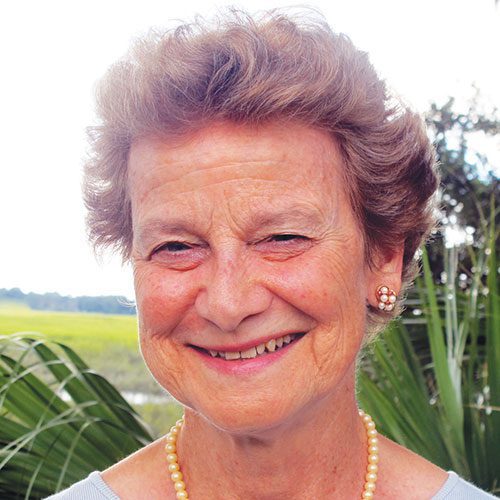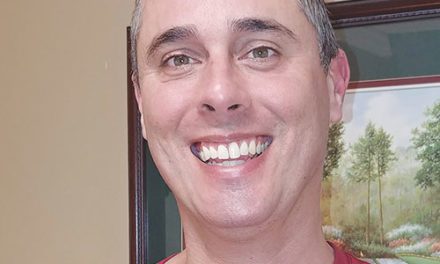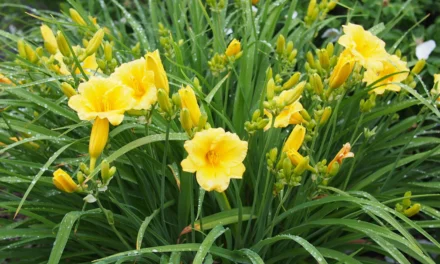 I admit it. I’ve shamelessly plagiarized this column’s title from that of a Sandra Bullock movie I’ve watched numerous times. In case you haven’t seen this gem, it’s a beautifully-cast film about the redemptive quality and staying power of love. Until I saw it, I wasn’t a fan of the word “hope.”
I admit it. I’ve shamelessly plagiarized this column’s title from that of a Sandra Bullock movie I’ve watched numerous times. In case you haven’t seen this gem, it’s a beautifully-cast film about the redemptive quality and staying power of love. Until I saw it, I wasn’t a fan of the word “hope.”
I supposed the concept of hope to be a sort of weak, last-ditch effort to keep on keeping on despite the odds, more of a wishing in a whiney voice that things will work out…please, please, pleeze. Am I conceding that a movie changed my perspective on a word that has offered untold generations of mankind a ray of sunshine in the darkness, a reason to get out of bed in the morning, or a last ravel of rope to hang on to? I don’t think so, but watching it may certainly have initiated my acceptance process.
Hope plus courage allowed Nobel laureate Elie Wiesel – and many other Holocaust concentration camp survivors – the fortitude to stay alive amid horrendous conditions, and go on to inspire millions of people with his story.
“Hope,” says Wiesel, “is the memory of the future.”
Initially, I found that concept a bit tough to wrap my mind around. What he meant by “the memory of the future” is knowingthat something is coming, something that is better than you’ve ever experienced, something that will make everything right. We must have that trust in knowledge in order to embrace hope. So during tough times, we have to remember and think about – and help friends in the same boat remember and think about – those times we and they have come through hardships by our own resilience. In this way we can regain our power, strength and peace… through belief in past experience, and through hope in future experience.
These times have evolved into a fascinating stew, roiling seemingly unchecked with a global pandemic, racial unrest, political divisiveness, environmental fragility, and global warming. Indigestion can easily arise from this stew in the form of freeform fear. I’ve stopped counting the numbers of individuals I’ve talked to who admit to dealing with fear on a daily basis that originates outside their own families and day-to-days. I say “fascinating” when looking at the world, not from the viewpoint of man enmeshed in the planet’s troubles, but from a higher perspective. Because I’m human, I definitely get snagged in those freaky issues from time to time. But these days, I find that hope can be a great addition to a spiritual tool belt and can bring a measure of comfort in trying times.
Among the many reasons I’m grateful for having journeyed the earth for a number of years – besides the AARP Bulletin, of course – are: that aforementioned higher perspective and the enlightened individuals who impart their wisdom for all to hear about seeking the higher good in every-day situations.
One of those, whose book I stumbled across years ago, is Dr. Bernie Siegal, now-retired pediatric surgeon and author of the bestseller, Love, Medicine and Miracles. The much-embraced book promotes patient empowerment, and the choice to live fully and die in peace.
In the early 1980s an out-of-town boyfriend who was visiting me had to have an emergency appendectomy. His appendix had burst, and things were nip-and-tuck there for a few days. I was, of course, distraught. Oddly enough, much more so than he. Turns out that his incentive to pull through was not my loving care and concern, but that of a new girlfriend in his New York stomping grounds. But that’s another story.
The positive that came from the incident for me was that a kind ER nurse put a copy of Bernie’s book in my hands, and I read it in a day, cover to cover. What I gleaned from his theories was that a patient’s – and thusly, a person’s – positive attitude and a strong support system of loving friends and family can contribute big-time to his or her healing and/or acceptance of dying. It’s all about love… and about hope. In the midst of a pandemic seems a good time to revisit his wisdom, which holds true to this day.
A brilliant, caring physician, my stepfather said that one of the most difficult parts of his practice was trying to convince the family of an aged, ailing grandparent to let them go and die in peace, instead of begging them to “hang on” for the family, despite the odds. “It’s such a selfish request from loved ones,” he said, “because when a body is completely worn out, the gift to the dying person is to assure them it’s okay to go ahead and cross over, to put an end to their suffering here on earth.”
I only wish that I had an answer for the multitude of grieving folks who’ve lost loved ones to Covid without being with them to give them that assurance and to at least say good-bye. How awfully sad to not even have had the comfort of a funeral for closure or loving embraces from friends and family.
All I can offer is hope, in its strongest sense. And what I know from experience is that it’s nigh impossible to dredge up a ray of hope if you’re soul-deep sad, if you’re freaking out about an issue over which you have no control, or if you’re filled head-to-toe with anger and/or fear. So if any of those emotions are standing between you and hope, I have a suggestion borrowed from Julia Cameron, the author of The Artist’s Way, the go-to book on inspiring your own creativity, which to date has sold nearly four million copies.
One of the exercises she recommends is called Morning Pages, three pages of longhand, stream-of-consciousness writing, done first thing in the morning. You can’t do this exercise wrong, as long as you write by hand and in the morning. Evening pages don’t work, as they become reflective on a day you’ve already experienced and you have no power to change. Write about anything and everything. Whatever’s on your mind. And don’t share these missives with anyone. Period. They’re yours and only yours.
“Morning Pages empower us and give us clarity, helping us to find choice points in the day,” says Cameron.
During this time of enforced solitude, many of us have become more introspective, and these pages can help channel those inward thoughts. Maybe you feel trapped, isolated and alone. Maybe your beliefs about yourself, the world and your place in it are changing. Write all those thoughts in Morning Pages.
As an instructor, I love assigning home work. Yours is to find a notebook or journal that makes you smile. Gather an array of pens, perhaps with colored inks. Then write Morning Pages for two weeks every single morning. Develop the habit. First thing when you roll out of bed. Yes, caffeine in hand is fine. But write no matter what. I guarantee your perspective will rise, as will your attitude, as will your outlook on life.
And see if hope doesn’t emerge. After all, you know, hope never sinks. It floats.







